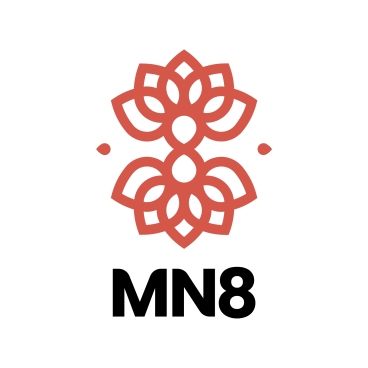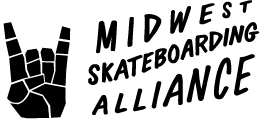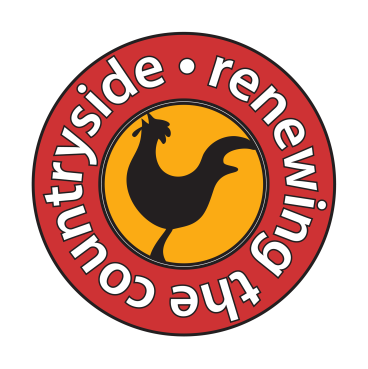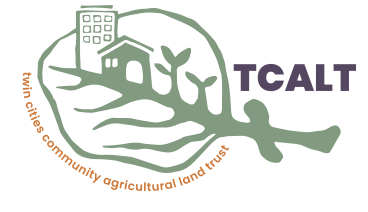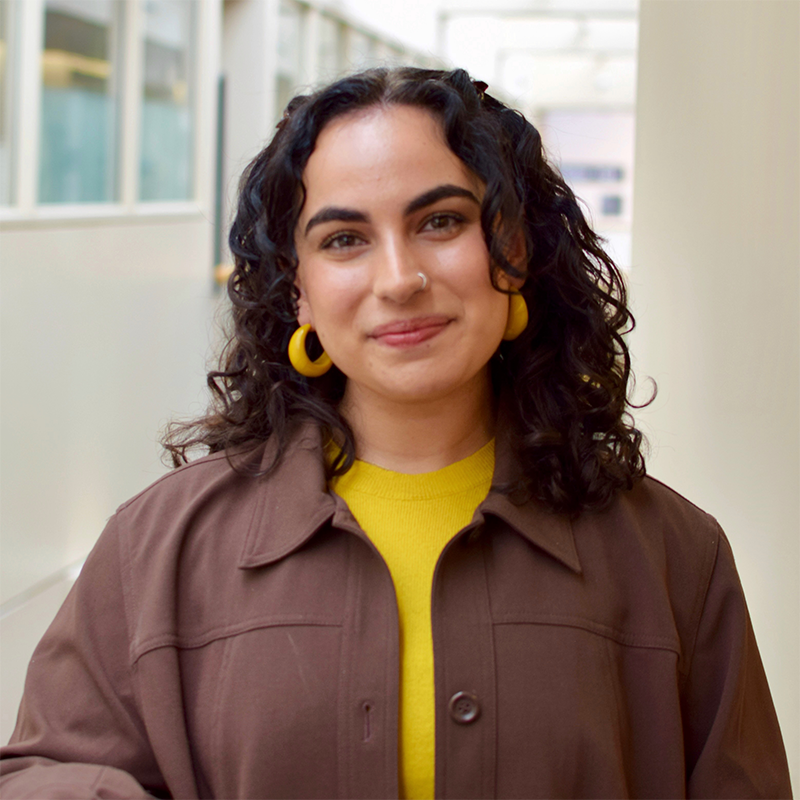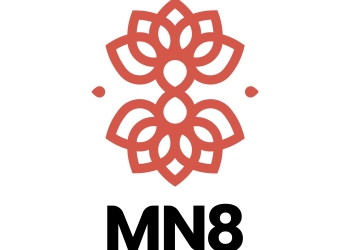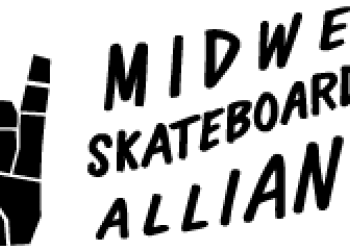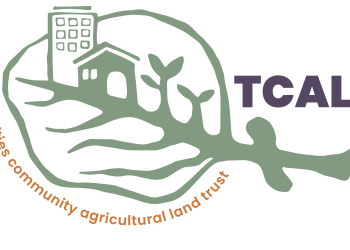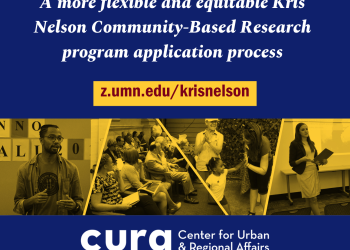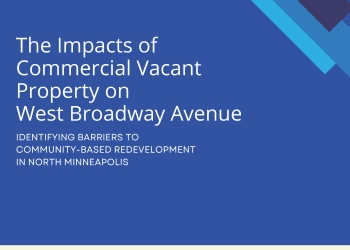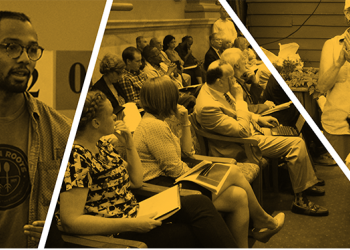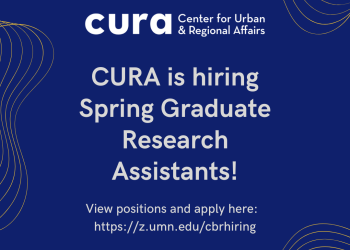Below is a roundup of project descriptions and partner organizations for the Fall 2022 semester Kris Nelson Community-Based Research Program projects. The projects will run from early September to mid-January. If you want to be informed about upcoming deadlines for the Kris Nelson Program, make sure to subscribe to CURA’s newsletter.
Blossoming Supports for Khmer (Cambodian) Minnesotans through Data-Driven Programming
Centering Youth in Skatepark Design and Development
Land Access Mapping in Dakota County
Matching Resources and Land to Minnesota Urban Food Cultivation
Lee Guekguezian
Contact Person
Program Director, Community Based Research
